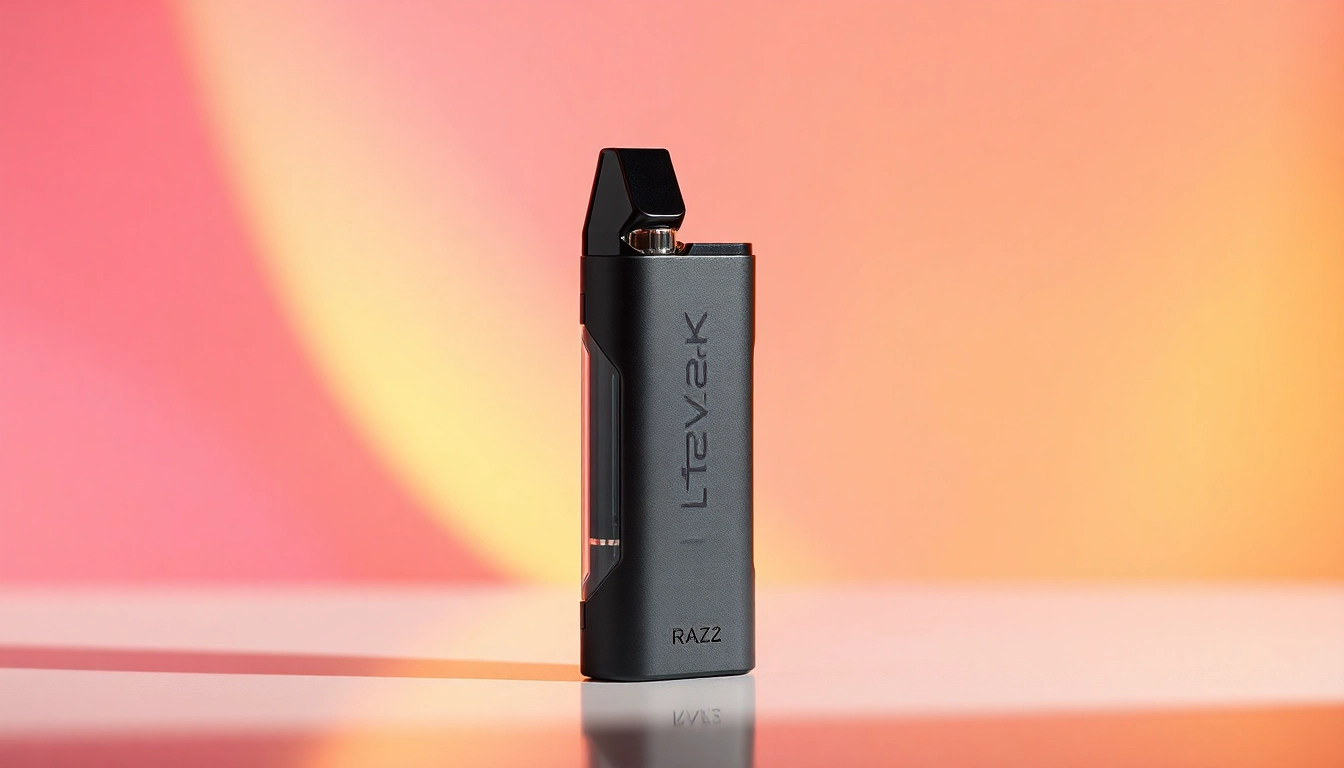
Introduction to AI Marketing Tools
In the digital era, businesses are constantly seeking ways to enhance their marketing strategies to stand out in a competitive landscape. One of the most transformative developments in recent years has been the advent of AI marketing tools. These tools leverage artificial intelligence to streamline processes, gain insights from data, and personalize customer interactions, ultimately driving better business outcomes. In this article, we will explore what AI marketing tools are, their significance in the current marketing landscape, and how they can optimize marketing efforts.
What are AI Marketing Tools?
AI marketing tools are software applications that utilize artificial intelligence technologies to enhance various aspects of marketing. They can automate tasks, analyze consumer behavior, create personalized content, and provide data-driven insights. From chatbots that engage with customers to predictive analytics tools that forecast trends, the range of AI marketing tools is vast and diverse, catering to different marketing needs.
The Importance of AI in Marketing Today
The importance of AI in marketing cannot be overstated. In today’s fast-paced environment, businesses need to respond quickly to changes in consumer behavior, market trends, and competitive dynamics. AI empowers marketers to analyze large volumes of data in real-time, enabling them to make informed decisions swiftly. Additionally, AI-driven tools help in personalizing marketing campaigns, which can significantly enhance customer engagement and satisfaction.
How AI Tools Streamline Marketing Efforts
By automating repetitive tasks, AI marketing tools allow marketing teams to focus on strategic planning and creativity. Automation capabilities include email marketing, social media scheduling, and data analysis, which saves time and reduces human error. Moreover, the insights provided by AI tools can help in identifying target audiences, optimizing advertising spend, and improving content strategies, leading to greater efficiency and effectiveness in marketing campaigns.
Key Features of Effective AI Marketing Tools
Data Analytics and Insights
One of the core functionalities of AI marketing tools is their ability to provide valuable data analytics and insights. These tools can sift through vast data sets to uncover patterns and trends that human analysts might miss. For instance, tools like Google Analytics and HubSpot utilize AI to offer insights on user behavior, enabling marketers to refine their strategies based on actual data rather than assumptions.
Automation Capabilities
Automation is another essential feature of effective AI marketing tools. This includes automatic content generation, customer segmentation, and personalized marketing messages. Tools like Mailchimp and ActiveCampaign can automate email marketing campaigns, allowing businesses to send targeted content to specific audience segments based on their behaviors and preferences.
User-Friendly Interfaces and Integration
For AI marketing tools to be truly effective, they need to be user-friendly and easily integrated with existing systems. A complex interface can deter users from fully utilizing the tool’s capabilities. Therefore, companies should look for tools that offer intuitive dashboards and seamless integration with other platforms such as CRM systems, social media channels, and analytics tools. This interoperability facilitates smoother workflows and better data synergy.
Top AI Marketing Tools to Consider for Your Business
SEO Optimization Tools
Search engine optimization (SEO) is crucial for online visibility, and AI tools can greatly enhance this process. Effective tools like Surfer SEO, Clearscope, and Ahrefs offer features such as content optimization suggestions, keyword analysis, and backlink tracking, all powered by AI algorithms that analyze search patterns and content performance.
Content Creation Tools
AI-driven content creation tools are transforming the way businesses create marketing copy. Tools like Jasper and Copy.ai assist marketers by generating high-quality content, from blog posts and social media updates to ad copy, quickly and efficiently. These tools can produce persuasive content based on a few keywords or topics, helping marketers scale their content strategies without sacrificing quality.
Social Media Management Platforms
Managing social media can be daunting given the volume of content and engagement required. AI tools such as Buffer and Hootsuite streamline this process by automating scheduling, providing engagement analytics, and suggesting content ideas. These tools leverage AI to optimize posting times and analyze audience interactions, ensuring that content reaches users when they are most active.
Best Practices for Implementing AI Marketing Tools
Identifying Your Needs and Goals
Before selecting and implementing AI marketing tools, it is essential to clearly define your marketing needs and goals. Conduct a thorough analysis of your current marketing strategy to identify gaps and opportunities where AI can add value. Aligning these tools with specific objectives will ensure that their implementation effectively contributes to achieving your overall marketing strategy.
Integrating Tools into Existing Workflows
Successful integration of AI tools into existing marketing workflows is vital for maximizing their impact. Provide thorough training to your team to enable them to use these tools effectively. Additionally, ensure that the selected tools integrate well with your current systems (such as CRM or email marketing platforms) to facilitate a seamless flow of data and processes.
Measuring Success and Performance Indicators
To gauge the effectiveness of AI marketing tools, it is imperative to establish clear success metrics and KPIs (Key Performance Indicators). These may include metrics such as conversion rates, return on investment (ROI), customer engagement levels, and more. Regularly monitor and analyze these metrics to assess the performance of the tools and make necessary adjustments to strategies.
The Future of AI in Marketing
Trends to Watch in AI Marketing Technologies
The landscape of AI in marketing is evolving rapidly, with several trends on the horizon. One significant trend is the increased focus on personalization and customer experience. As consumers expect highly tailored experiences, AI tools will continue to develop capabilities that enable marketers to deliver personalized content and interactions effortlessly. Another trend is the ethical use of AI, as businesses become more conscientious about data privacy and how consumer data is managed.
The Role of AI in Customer Engagement
AI is revolutionizing the way brands engage with their customers. Advanced chatbots equipped with AI can provide instant support and information, improving the overall customer experience. Additionally, AI analytics tools can analyze customer feedback and sentiment across various channels, allowing brands to tailor their communications and enhance engagement strategies effectively.
Preparing for an AI-Driven Marketing Landscape
As AI technology continues to advance, marketing professionals must remain adaptable and prepared for its implications. This includes staying updated with the latest AI developments, investing in training, and being open to shifting marketing approaches. In preparation for an AI-driven landscape, businesses should prioritize technological investments and foster a culture of innovation within their teams.







